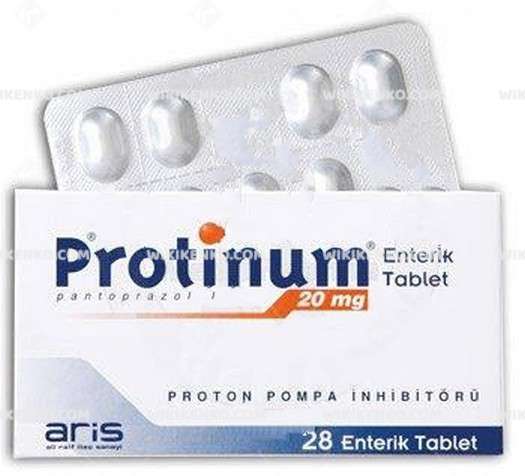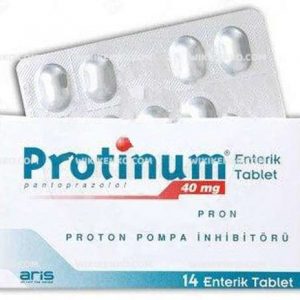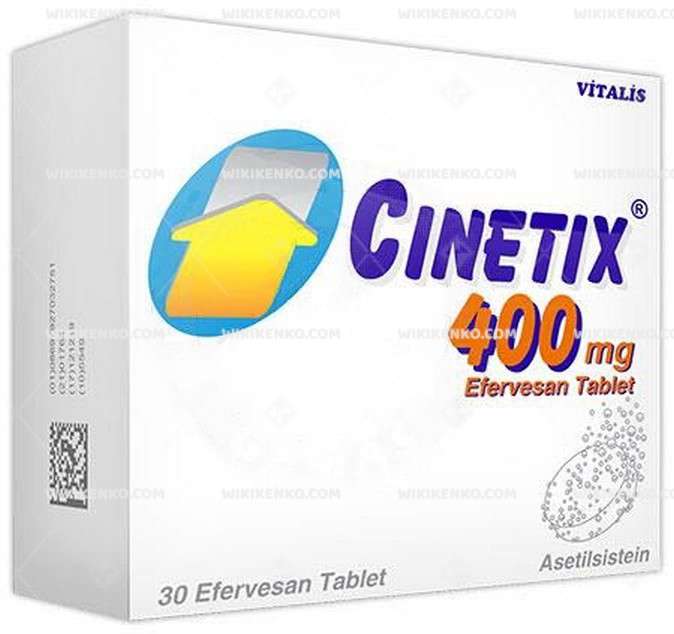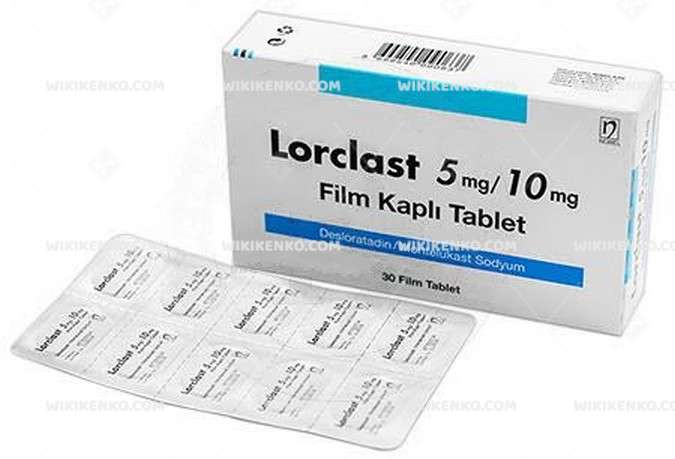Description
At the heart of Protinum Enterik Tablet 20 Mg lies its active ingredient, pantoprazole. This medication belongs to the esteemed class of proton pump inhibitors, renowned for their ability to regulate gastric acid production.
Each enteric-coated tablet contains 20 mg of pantoprazole, equivalent to 22.55 mg of pantoprazole sodium sesquihydrate. This pharmaceutical marvel is meticulously designed to address a spectrum of acid-related gastrointestinal ailments.
Protinum Applications
Protinum Enterik Tablet 20 Mg is a versatile solution for a range of stomach and intestinal conditions that stem from excessive acid production. Its prowess is exemplified in the short-term treatment (up to 8 weeks) and symptom alleviation of erosive esophagitis, a condition marked by damage to the esophageal lining due to stomach acid. Notably, this treatment extends its benefits to both children over 5 years old and adults.
Additionally, Protinum plays a crucial role in the long-term management and prevention of reflux esophagitis, an inflammation of the esophagus triggered by stomach acid, exclusively in adults.
Beyond these applications, Protinum proves effective in addressing mild reflux disease, characterized by the regurgitation of stomach acid into the esophagus, accompanied by associated symptoms. It also serves as a valuable therapeutic asset in the management of duodenal ulcers in patients who are continuously taking nonsteroidal anti-inflammatory drugs (NSAIDs).
Dosage
The prescribed dosage of Protinum Enterik Tablet 20 Mg typically involves the daily administration of a single tablet. However, it is essential to exercise caution for individuals with severe liver problems, as they should not exceed one 20 mg tablet daily. It is worth noting that Protinum is not recommended for use in children under the age of 12.
Side Effects
As with any medication, Protinum may introduce side effects in certain individuals. Commonly reported side effects encompass injection site reactions (redness, pain, swelling), headache, nausea, vomiting, abdominal or stomach pain, diarrhea, gas, dizziness, joint pain, weight changes, drowsiness, tiredness, or sleep disturbances (insomnia). Prior to commencing Protinum, a thorough review of the patient information leaflet is advised. Any questions or concerns should be promptly addressed with a healthcare provider or pharmacist.
Availability
Protinum Enterik Tablet 20 Mg is readily accessible in Turkey, obtainable through authorized pharmacies with a valid prescription. It is packaged in boxes, each containing 28 tablets.
Conclusion
In conclusion, Protinum Enterik Tablet 20 Mg, fortified with pantoprazole, stands as a stalwart guardian of gastrointestinal well-being. Its efficacy extends to a gamut of acid-related gastrointestinal conditions, providing relief and long-term management solutions.
The prescribed dosage of one tablet per day ensures ease of administration. While it boasts a commendable safety profile, diligent adherence to precautions and consultation with healthcare professionals is paramount. Embrace it for its role in nurturing gastrointestinal health, ensuring your journey to wellness is guided by a trusted companion.













Reviews
There are no reviews yet.